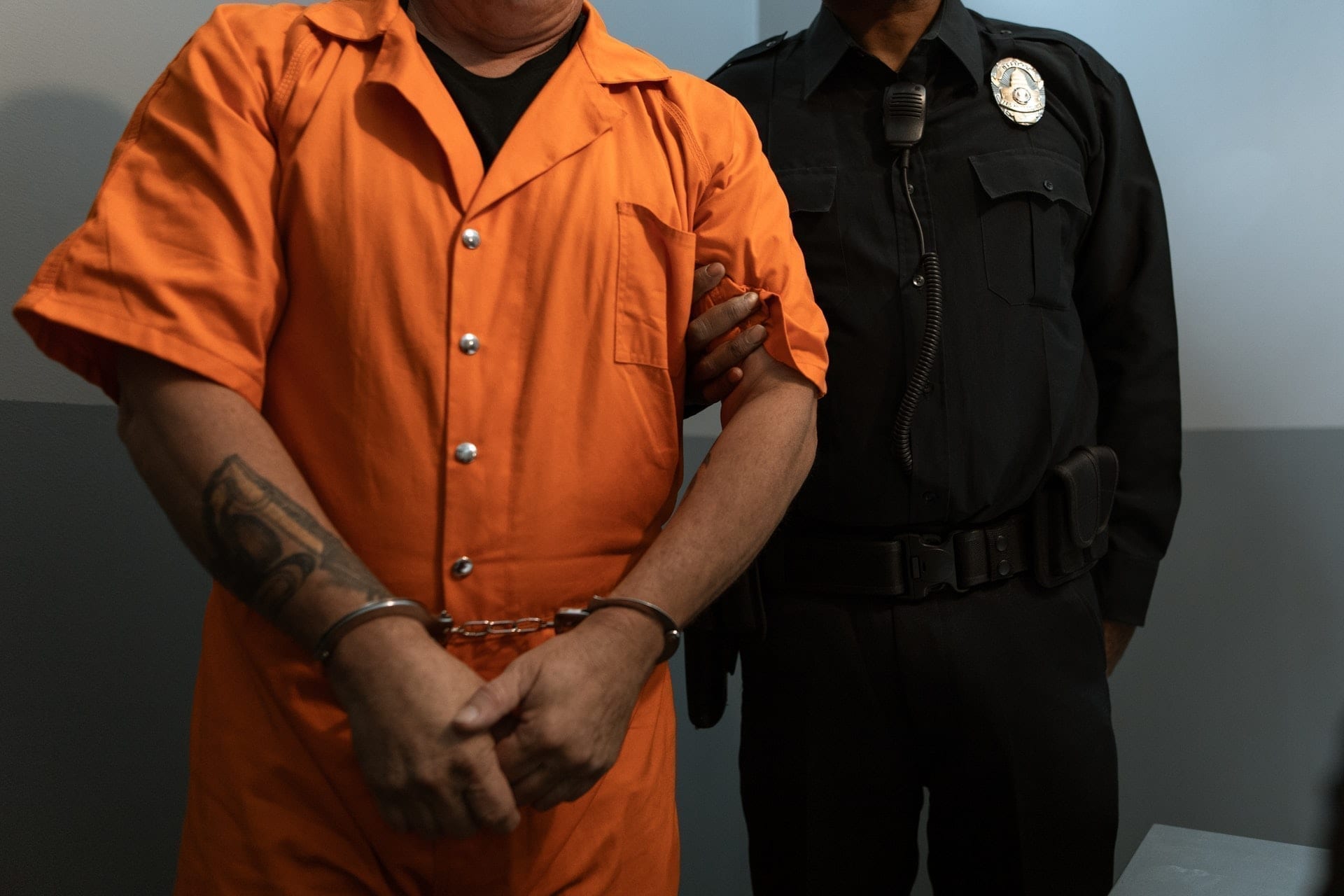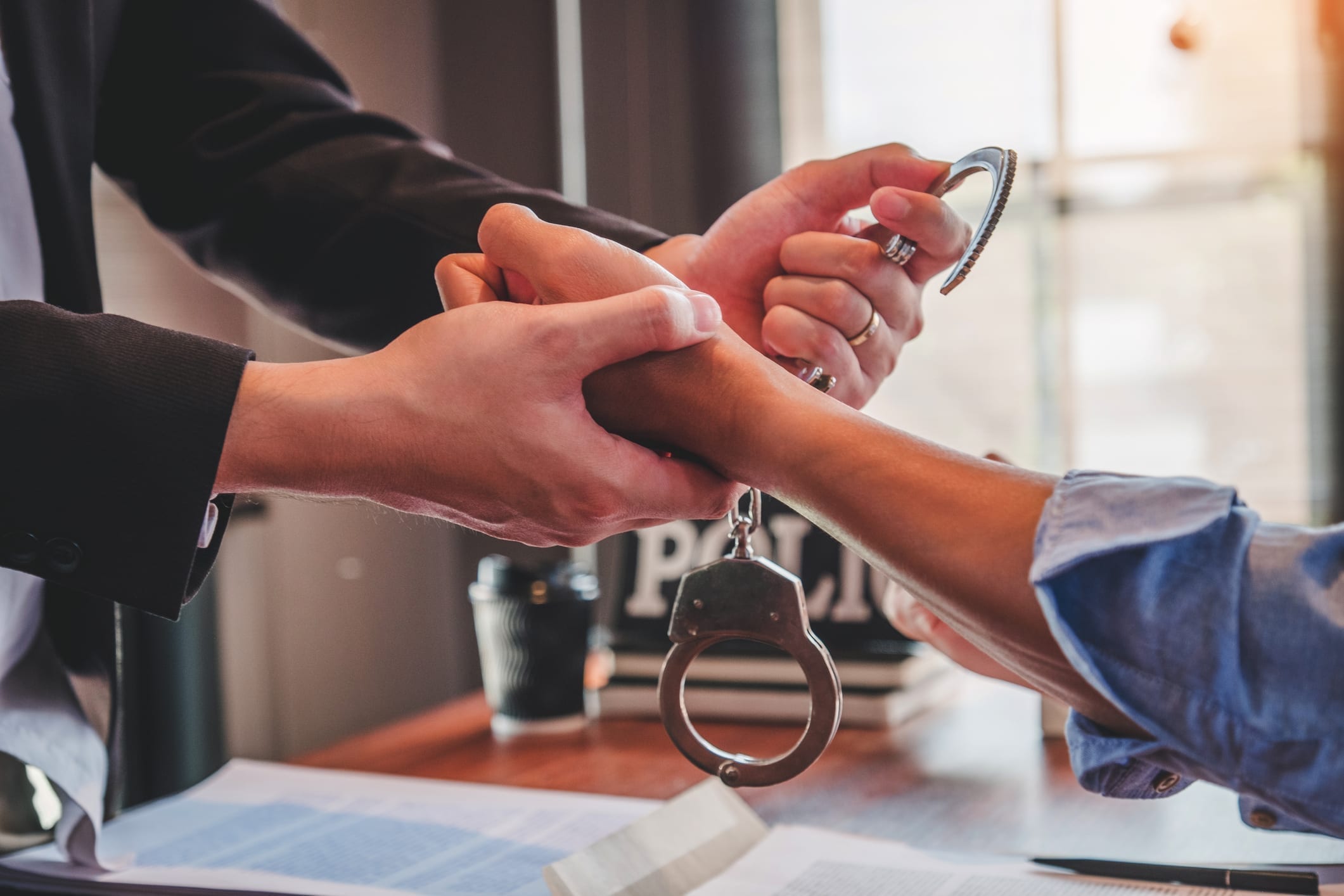Many people use the terms probation and parole to mean the same thing. They are both a form of custody. But the main difference between probation and parole has to do with when you face one or the other.
What is probation?
Probation is a form of supervision. The court grants probation to some offenders instead of jail or prison time. When you are on probation, you are still in custody. But you will be in custody in your community, rather than in incarceration.
You will have to obey some conditions set out for you by the court. If you break these rules, you can go to jail or prison. Usually, you will need to meet with a probation officer. This officer will keep track of your case and make sure you are staying compliant.
What is parole?
Parole is a form of conditional release. If you get parole, you will be released from prison before your sentence is complete. However, you will still be in custody. You will just be serving your time in the community.
Like probation, you will have rules you need to follow. You will also have a supervisor. This person is called a parole officer. You will need to meet with them on occasion. Their job is to make sure you are following the rules. Also like probation, if you break the conditions of your release, you could go back to prison or jail.

Is there a difference in conditions between probation and parole?
It depends. Each situation is different. Your conditions will vary depending on your crime, your record and other factors. But there are some common conditions that apply to both probation and parole.
- Travel restrictions. Your ability to travel will be restricted. You may not be able to leave the state or county. In some cases, you might have to wear an ankle monitor. This device tracks your movements and reports them to your supervisor.
- Drug and alcohol testing. You may be prohibited from using drugs on both probation and parole. To ensure that you do, you will need to submit to drug tests. Sometimes you might be prohibited from drinking alcohol, too. If that’s the case, your parole or probation officer will test you for alcohol as well.
- Counseling. Another common condition is attending drug or alcohol counseling. You might be assigned to a class, or you may need to find one on your own.
- Paying fines and fees. Your conviction might come with fines or fees. Paying them will be part of your probation or parole.
- Having a job. Many times you will be required to keep a job while you are on probation or parole.
- Curfew. Sometimes, you will have a curfew. A curfew a certain time that you must be at home. If you are late, it can be a violation of your conditions. Missing your curfew could potentially send you to jail or prison as well.
The Takeaway:
Probation and parole are similar concepts, but they are not the same. One difference between probation and parole is that you get probation instead of jail or prison time. Parole gets you released from incarceration before the end of your sentence. Both come with conditions you must obey.






